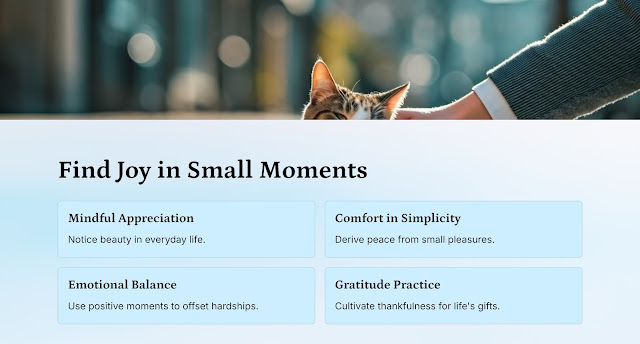Jordan Peterson’s book 12 Rules for Life: An Antidote to Chaos offers timeless wisdom on how to live a meaningful and disciplined life. If you’re short on time but want to take away the most valuable tips, here’s a quick cheat sheet with practical rules you can apply today!
1. Stand Up Straight with Your Shoulders Back
Peterson highlights the importance of posture, not just for physical health, but also for mental resilience. This rule encourages you to project confidence and embrace responsibility. By standing tall, you signal both to yourself and others that you’re capable of facing life’s challenges.
Practice: Focus on maintaining good posture throughout the day to boost confidence and mental strength.
2. Treat Yourself Like Someone You Are Responsible for Helping
Many people care more for others than for themselves. Peterson suggests showing yourself the same care and attention that you would give to someone you love.
Practice: Prioritize self-care by eating well, exercising, and engaging in activities that support your mental and physical health.
3. Make Friends with People Who Want the Best for You
It’s essential to surround yourself with people who support your growth, rather than those who hold you back or encourage negative habits.
Practice: Evaluate your relationships and foster connections with individuals who positively influence your life.
4. Compare Yourself to Who You Were Yesterday, Not to Who Someone Else is Today
Stop measuring your success by other people’s achievements. Instead, focus on your own progress and personal growth.
Practice: Set small, achievable goals and track your daily improvements to cultivate a growth mindset.
5. Do Not Let Your Children Do Anything That Makes You Dislike Them
This rule emphasizes the importance of teaching children how to behave in ways that foster harmonious social interactions and mutual respect.
Practice: For parents, set clear boundaries and expectations that help shape your child’s behavior in a constructive way.
6. Set Your House in Perfect Order Before You Criticize the World
Before you point out problems in the world, make sure you have addressed the issues in your own life. Getting your personal space and habits in order will give you credibility and focus.
Practice: Start by organizing your physical environment or resolving personal conflicts before tackling broader societal issues.
7. Pursue What is Meaningful, Not What is Expedient
Rather than chasing short-term pleasures, focus on long-term goals and meaningful pursuits that add value and depth to your life.
Practice: Reflect on your values and take action that aligns with your deeper purpose, even if it requires more effort.
8. Tell the Truth — Or, At Least, Don’t Lie
Honesty is the foundation of personal integrity. Avoid lies that can distort your sense of reality and harm your relationships.
Practice: Commit to truthfulness in your daily interactions, even when it’s difficult to do so.
9. Assume That the Person You Are Listening to Might Know Something You Don’t
Listening is a critical skill for understanding others and broadening your own perspective. Approach conversations with openness and curiosity.
Practice: Engage in active listening, aiming to learn from others rather than simply asserting your own opinions.
10. Be Precise in Your Speech
Clear and accurate communication prevents misunderstandings and ensures your thoughts are conveyed effectively.
Practice: Be mindful of your words and strive to communicate your ideas with clarity and precision.
11. Do Not Bother Children When They Are Skateboarding
This rule is about allowing children (and yourself) the freedom to take risks and learn from failure, which is crucial for developing resilience and strength.
Practice: Let yourself and others embrace challenges, take risks, and grow through experience.
12. Pet a Cat When You Encounter One on the Street
Amid life’s inevitable suffering, there are small moments of joy that can provide comfort. This rule encourages mindfulness and finding peace in simple pleasures.
Practice: Pause to appreciate small, beautiful moments in your daily life, such as enjoying a good meal, a pleasant walk, or a quiet moment.
In summary, Jordan Peterson’s 12 Rules for Life provides a practical framework for personal growth and resilience. By applying these rules in your life, you can navigate chaos, take control, and live with more purpose and responsibility.












